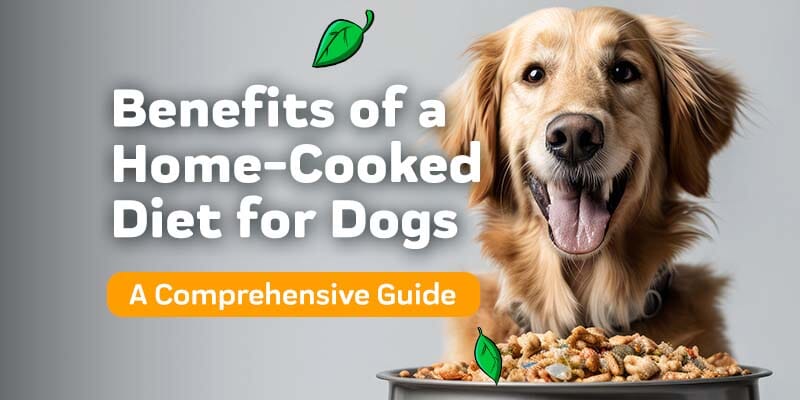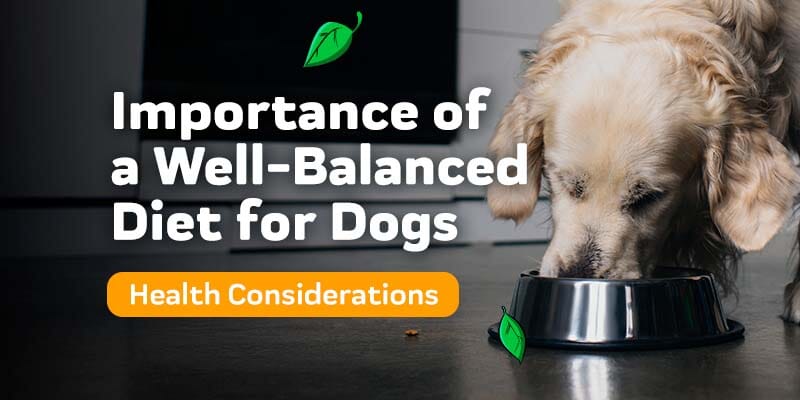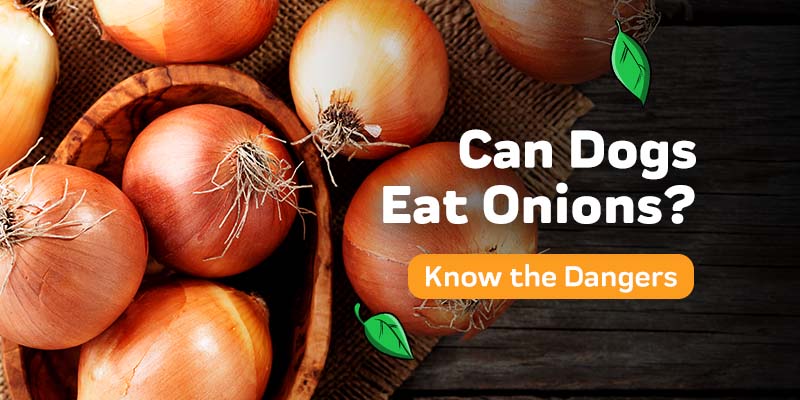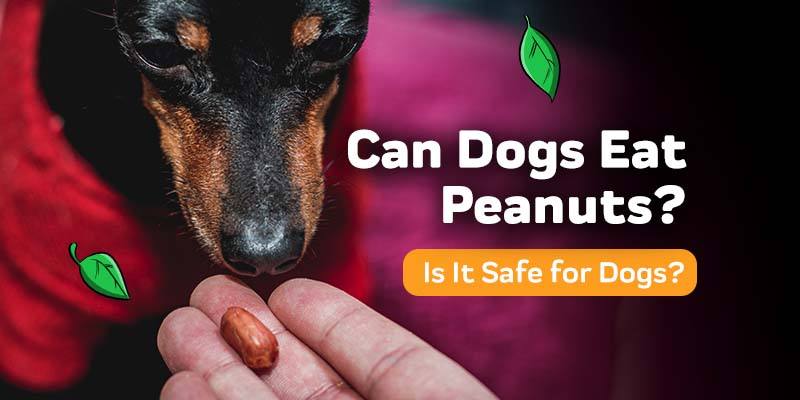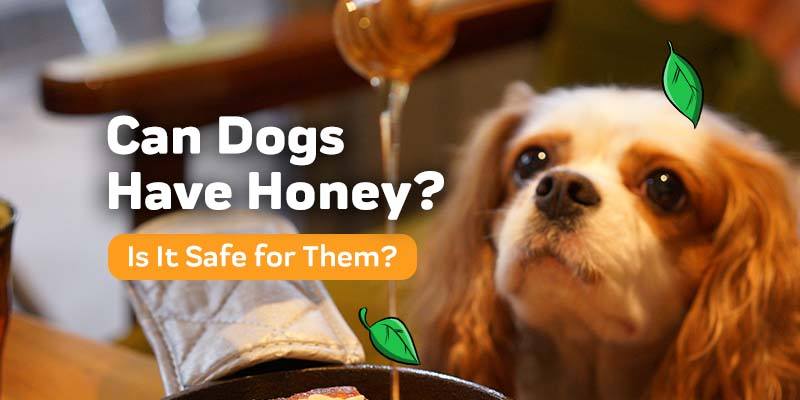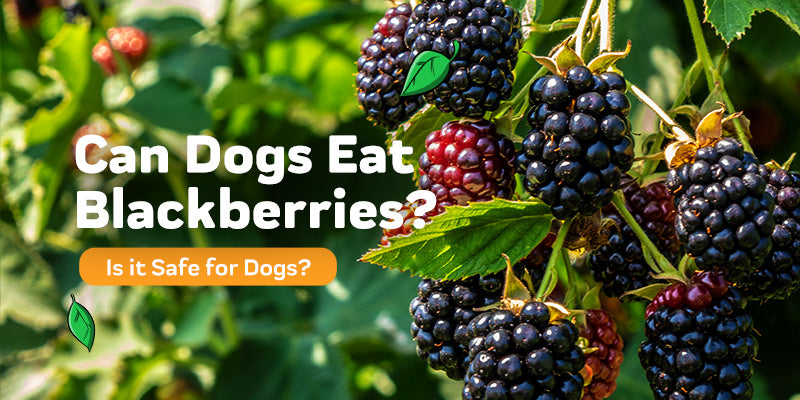- Understanding the Issues
- What is the Toxic Substance?
- Are There Any Risk Factors?
- Signs and Symptoms of Toxic Ingestion
- What Should I Do If My Dog Has Eaten Grapes?
- Vomit Inducer for Dogs
- Conclusion
- Source
If you're a pet owner, there's a good chance you've wondered whether or not it's safe to give your dog grapes. After all, grapes are a popular human snack food, so it makes sense that we might want to share them with our furry friends too. But is it really safe for dogs to eat grapes? Here's what you need to know.

Understanding the Issues
While grapes and raisins - which are basically dried grapes - are healthy for humans, they can be very dangerous for dogs. Dogs should never eat grapes or raisins as they can cause kidney failure and quickly evolve even to death. If you think your dog has eaten grapes or raisins, please contact your veterinarian immediately.
What is the Toxic Substance?
Unfortunately, science simply doesn't know yet. Not for sure. There is no definitive answer to this question, as there is still much scientific research to be done to determine why some dogs may experience Grape toxicity while others do not. While the exact cause of grape toxicity in dogs is not yet known, the ASPCA Poison Control Center (APCC) has proposed that it may be due to the tartaric acid present in grapes. This is based on some of their tests and correlations, but further study is needed to confirm this theory. It could account for the different symptoms and responses in dogs. It is also known that dogs can not metabolize flavonoids, tannins, and monosaccharides, all substances found in grapes, which may influence grape toxicity in dogs. Regardless of the exact cause, it is important to avoid feeding grapes to dogs, as even a small amount can potentially cause serious health problems.
Are There Any Risk Factors?
As far as we know, no. The level of danger seems to be defined by the characteristics of each grape, not by dog predispositions. Nor breed, sex, or even age seems to have any influence on the risk said the dog has of suffering from grape toxicity on any level - just another reason to don't try your luck.
Also, there is not a scientifically safe amount of grapes to give your dog, so just don't.

Signs and Symptoms of Toxic Ingestion
- Loss of appetite
- Lethargy or weakness, uncommon stillness
- Vomiting and diarrhea a few hours post the ingestion
- Tender and painful abdomen
- Dehydration, which can be noticed through panting, pale gums, dry nose, and mouth. (AKC suggests a quick test for dehydration: gently pull the skin at the back of your dog's neck, and it should normally spring back immediately)
- Increased thirst
- Decreased amount of urine, or no urine at all
- Kidney failure (potentially fatal condition)
What Should I Do If My Dog Has Eaten Grapes?
The first thing you must know is that treatment is crucial and necessary. Contact your vet immediately and, if possible, try to induce vomiting as soon as you can - except if your dog is showing signs of troubled breathing, is seemingly distressed, unconscious, or if you're not sure of what else he may have eaten. In regular cases, induced vomit may help prevent your dog's system from absorbing more of the toxic substances in grapes.
Vomit Inducer for Dogs
If you think your dog has ingested something poisonous - like grapes or raisins -, it is vital to take quick action. One way to help remove the poison from your dog's system is to induce vomiting. STAT!Syringe® to Induce Vomiting in Dogs in an Emergency can help with this process. STAT!Syringe® is designed to administer the proper dose of hydrogen peroxide 3% quickly. It is a must-have for every dog's first aid kit.
To use STAT!Syringe®, simply place the tip of the syringe in your dog's mouth and squeeze the plunger. The syringe will deliver a measured amount of liquid to your dog, inducing vomiting. Click here to learn more about how this simple item can save your pet's life.
Conclusion
Grape toxicity is a real thing for dogs, and it's essential to be aware of what foods are harmful to our furry friends. At Innovet Pet we love giving our readers useful tips on all things pet-related, from nutrition to training. Make sure to check out our blog regularly for the latest in pet care information. And don't forget to follow us on social media for even more fun! As always, if you have any questions or concerns about your pet's diet, please consult with your veterinarian.












